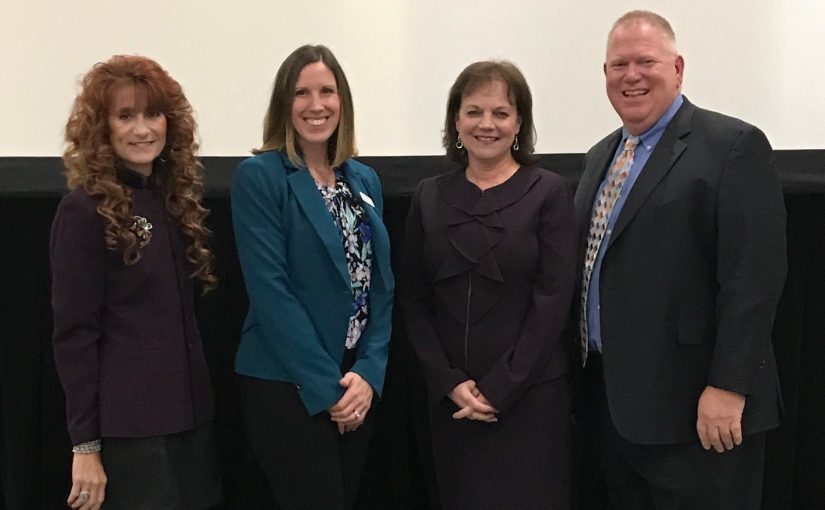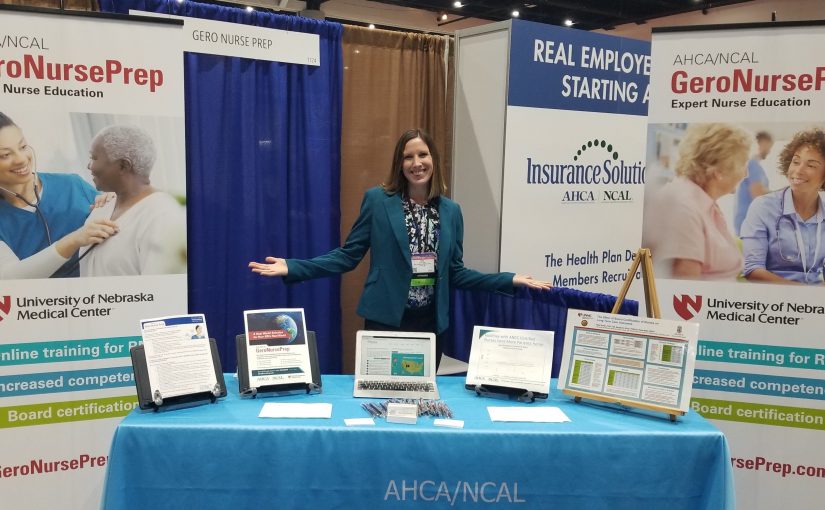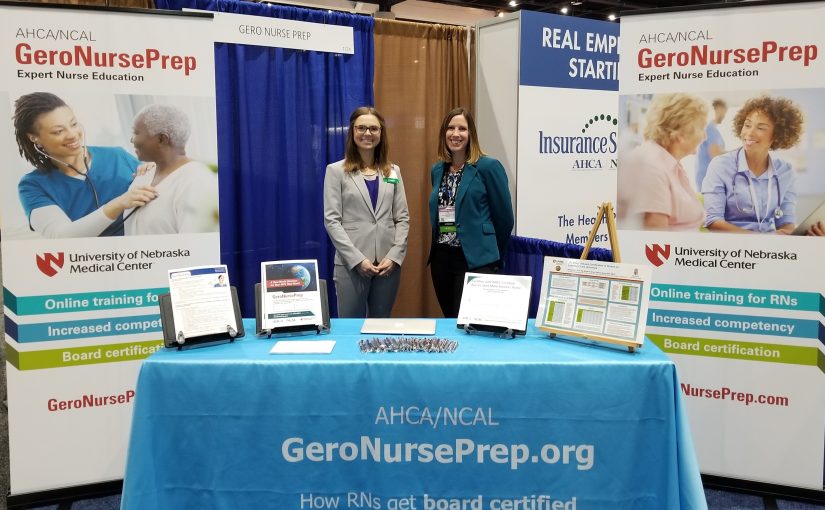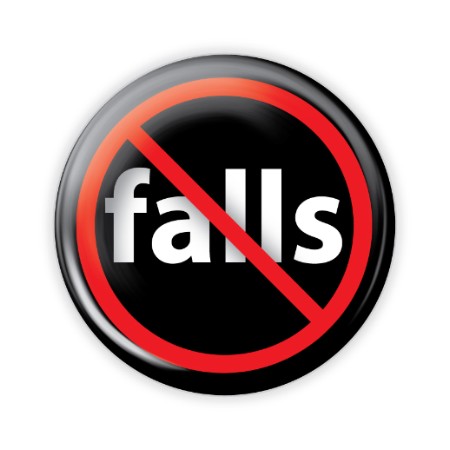By Anna Chodos and William A. Haseltine
Our healthcare system needs to rethink how we care for older adults. Older adults have more complex needs than other populations, but they struggle to meet those needs within and across all care settings — from home to clinics to hospitals and long-term care facilities and back home again. Part of this is due to the medical and social complexity of older adults and their more frequent transitions, compared to other age groups, between healthcare settings. Despite our current ecosystem of electronic health records and quality measurement, the often frustrating reality is that much of what is important to older people is rarely captured in the data, such as quality of life, function and goals. One program alone will not fix this.
Enter the Age-Friendly Health System. Led by some of the best in aging and healthcare improvement, such as the Institute for Healthcare Improvement and the John A Hartford Foundation, the Age-Friendly Health System is changing what it means to “age in America” with regard to healthcare. The Age-Friendly Health System describes itself as a movement to recruit and support entire healthcare systems to focus on the domains most important to quality healthcare for older people. These include the “4Ms”: mobility, medications, mentation, and what matters. This means making sure older people have a mobility plan when receiving medical care or in long term care; reviewing medications regularly to minimize harm; addressing conditions that affect thinking and are common in older people such as dementia, depression and delirium; and incorporating what matter to the person, such as their values, goals and preferences, into all care plans.
For the full article and references please go to:
https://www.forbes.com/sites/williamhaseltine/2018/08/21/whats-next-in-caring-for-older-people-the-age-friendly-health-system-movement/#fc298d157a44




